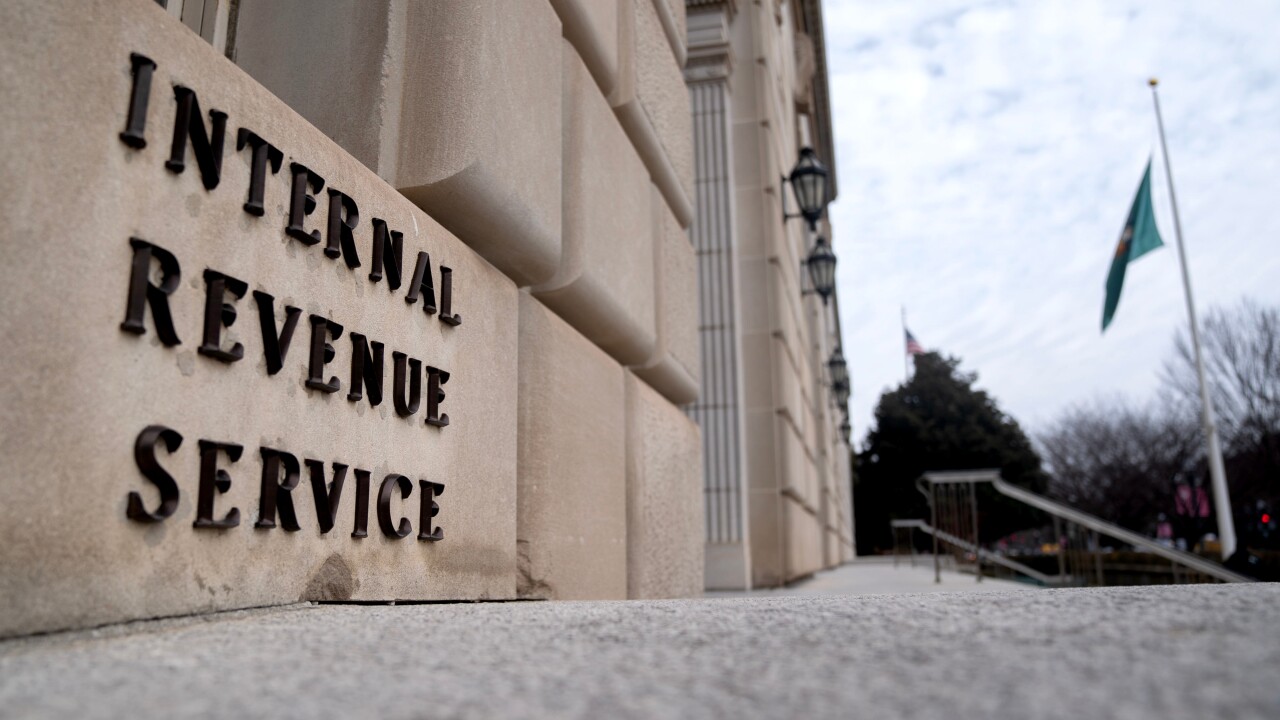Uphold and TaxBit have partnered to tackle a surge of automatic audits that have been triggered by the issuance of 1099-K forms for individuals trading cryptocurrency.
Starting last year, cryptocurrency investors began receiving audit notices from the IRS on their supposed crypto profits. These automatic audits were triggered by cross-checking 1099-K forms against the income section of a taxpayer's return. The 1099-K forms report Third Party Network Transactions, and cryptocurrency exchanges began issuing these forms for individuals in 2017. However, the forms report income on cryptocurrency sold, but don’t account for the initial investment.
Because cryptocurrency is defined as property and not a liquid asset, 1099-Ks are not an appropriate method of reporting for its movement. The more appropriate method of reporting crypto buying and selling is Form 1099-B, which reports proceeds from broker and barter exchange.

This is just one example of the growing pains cryptocurrency is experiencing as the IRS tries to regulate the space. In response to these audits, Uphold, a digital money platform that facilitates crypto trades, and TaxBit, an accounting firm and provider of its own eponymous cryptocurrency tax accounting platform, have joined forces to tackle the problem for affected taxpayers. Together, they now provide suite of tax services for users to proactively monitor their real-time tax liability or loss as they trade between currencies, along with features that provide better visibility into the tax impact of capital asset transactions.
The first phase in this new offering was the issuance of 1099-B tax forms earlier this month to all U.S. residents. Uphold is among the first digital currency platforms to furnish 1099-B tax forms for crypto. These tax forms track and report cost basis when available, making it easier for U.S. users to prepare their IRS Form 8949 (the required tax form that reports taxable cryptocurrency transactions).
“We’re not just giving 1099-Bs out — we’re using technology to look at real-time gain and loss tracking,” explained TaxBit CEO Austin Woodward. “Taxpayers are able to see and monitor what their taxes are. We’re allowing them to have tax planning and optimization. If you have this or that asset, now taxpayers are going to have so much more visibility and knowledge as to how taxes are being impacted by using cryptocurrency.”
This ongoing issue is representative of a new need for Americans to report taxes on cryptocurrency as a result of increased IRS guidance and scrutiny surrounding the asset class. It, as well as other issues around clarity, has also prompted the American Institute of CPAs to publicly urge the IRS to submit additional guidance on the taxation of virtual currency.
This call for clarification came just prior to the Virtual Currency Summit the IRS held in Washington, D.C., on March 3, 2020. The event was much anticipated by the AICPA and the various cryptocurrency trading platforms extant today. The event saw panels on a range of issues, including challenges around imposing information reporting requirements on digital currency exchanges. But according to reporting from
The AICPA has called for further expansion on the following sections of crypto guidance:
- Revenue ruling 2019-24;
- New question on the 2019 Form 1040, Schedule 1;
- Frequently asked questions;
- Form of guidance; and
- Prior AICPA recommendations not included in the new IRS guidance.
Woodward added that TaxBit and Uphold have had success with addressing these cryptocurrency related audits from the IRS for its clients.
“We have a full IRS audit assistance program,” he said. “And we’ve helped hundreds of these get resolved. We draft the response letter, and in every instance we inform the IRS that the 1099-B form reporting income is incorrect. We have a good track record of proving that to the IRS, getting the 1099-B nullified, and replacing it with the Form 8949 capital gain and loss report.”





